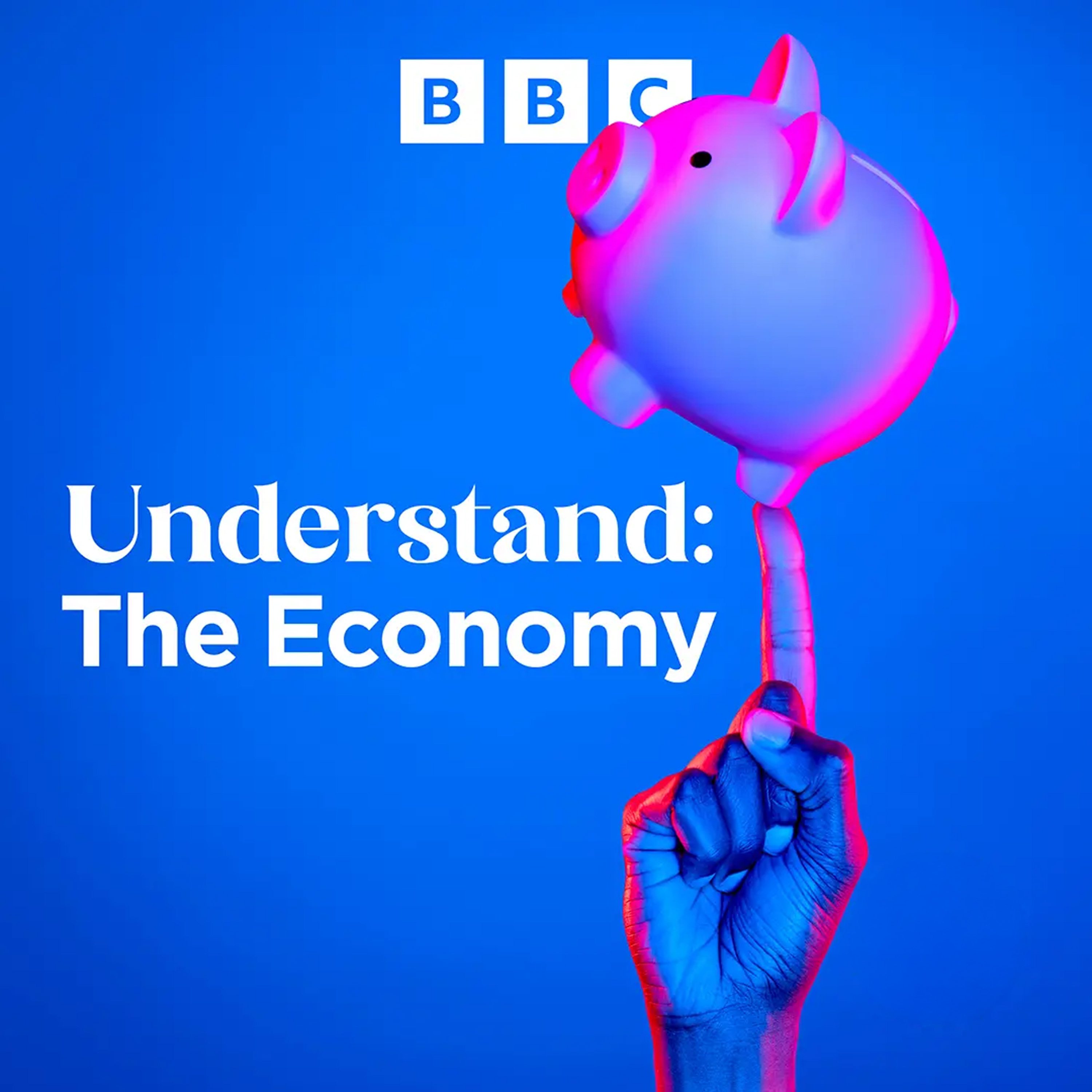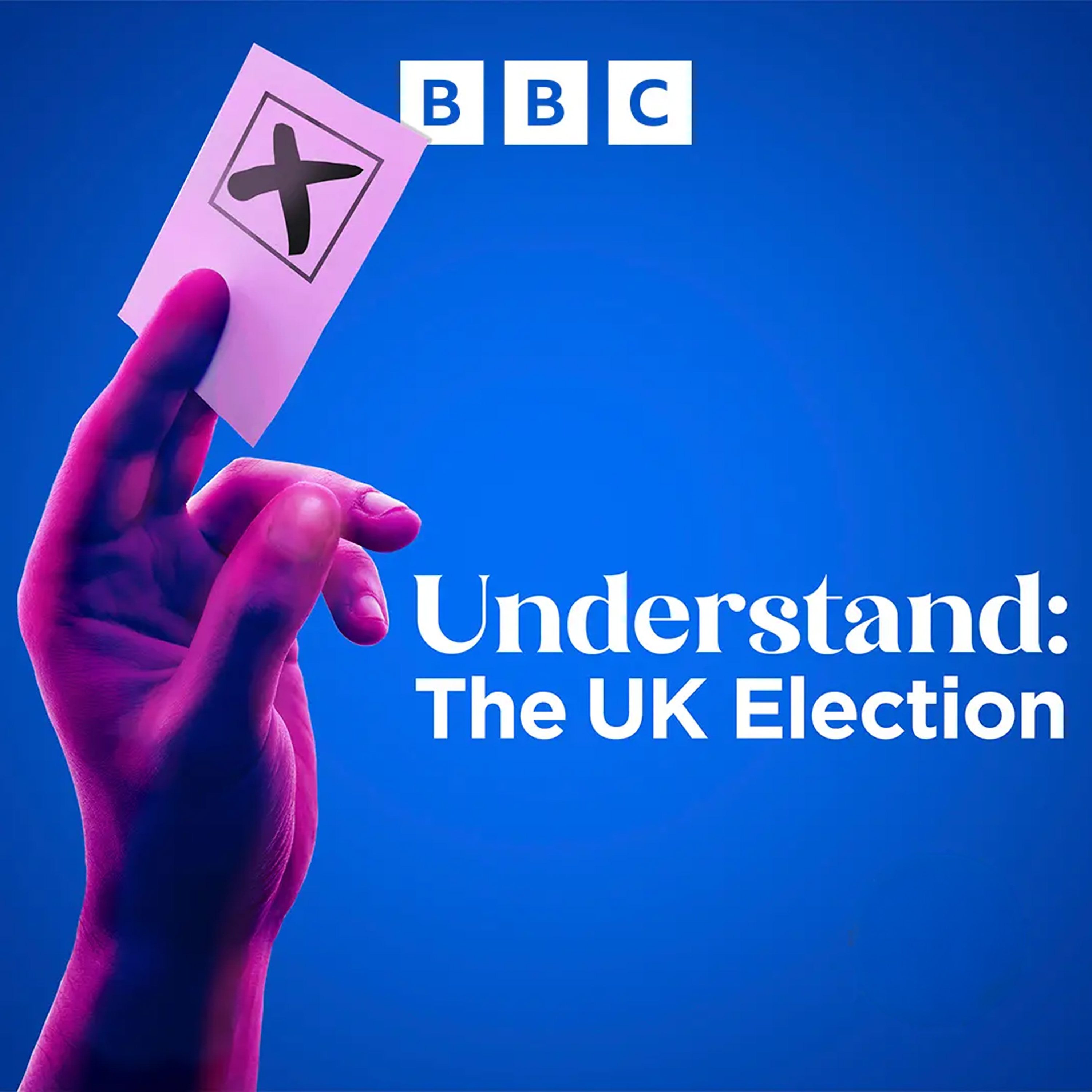The Economy: 8. Pensions
Why is it so hard to save for retirement? Will future generations even get a pension? Why is the pension age rising and what is the state pension age? Tim Harford explains the problem an aging population is causing for the state pension and explores the gender pension gap. Economic historian Victoria Bateman tells the story of the very first pensions in the UK.
Everything you need to know about the economy and what it means for you. This podcast will cut through the jargon to bring you clarity and ensure you finally understand all those complicated terms and phrases you hear on the news. Inflation, GDP, Interest rates, and bonds, Tim Harford and friends explain them all. We’ll ensure you understand what’s going on today, why your shopping is getting more expensive or why your pay doesn’t cover your bills. We’ll also bring you surprising histories, from the war hungry Kings who have shaped how things are counted today to the greedy merchants flooding Spain with Silver coins. So if your eyes usually glaze over when someone says ‘cutting taxes stimulates growth’, fear no more, we’ve got you covered.
Guest: Dr. Rajiv Prabhakar, The Open University
Producer: Phoebe Keane
Researcher: Drew Hyndman
Editor: Clare Fordham
Theme music: Don’t Fret, Beats Fresh Music
A BBC Long Form Audio Production for BBC Radio 4
Press play and read along
Transcript
Transcript is processing—check back soon.


